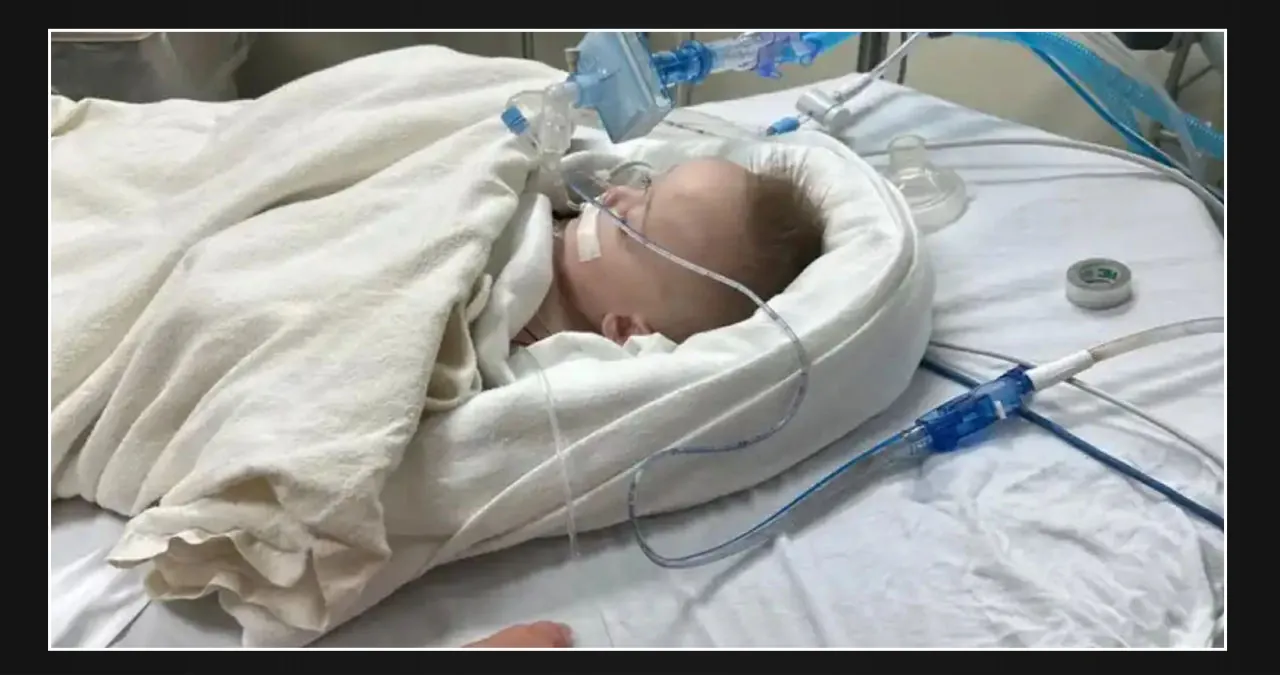In the trial questioning Missouri’s limitations on gender-affirming care, a former case worker of the Washington University Transgender Center at St. Louis Children’s Hospital provided testimony on Monday (Rebecca Rivas/Missouri Independent).
On Monday, the former caseworker, whose account of her experience working at a pediatric gender clinic in St. Louis sparked the movement to ban gender-affirming care for minors, provided testimony in support of Missouri’s restriction.
Jamie Reed, a former case manager at the Washington University Transgender Center, was the initial witness summoned by the state in the two-week trial concerning the constitutionality of the law. Reed’s public statements and sworn affidavit regarding her time at the clinic were the catalyst for Missouri lawmakers to prioritize the ban and prompted extensive investigations by the Missouri Attorney General’s Office into practitioners across the state.
According to the 2023 law, minors cannot be prescribed new gender-affirming care medications or referred for surgery by healthcare providers. Additionally, the state’s Medicaid program is prohibited from covering gender-affirming medical care for individuals of any age. In July 2023, transgender individuals, their families, and healthcare providers filed a lawsuit, claiming that the law is unconstitutional as it discriminates against transgender people.
During the previous week, witnesses brought forward by the plaintiffs provided testimony stating that their medical record numbers and treatment information were included in a document that Reed shared with Attorney General Andrew Bailey and, at the very least, one reporter.
During the questioning on Thursday, J.K. (who testified using his initials as a pseudonym) expressed his disappointment and disbelief upon learning that his daughter’s information had been shared without his consent.
“It’s really confusing and mysterious,” he expressed. “I can’t comprehend why this individual would disclose our information. I’m completely clueless about their intentions.”
According to him, he did not have any direct communication with Reed, except for receiving an email with follow-up information after an appointment. However, for some reason, his daughter’s information ended up in Reed’s records.
Elliott, a college student who visited the Transgender Center during their teenage years and testified using only their first name, expressed fear and concern on Friday. They stated that Reed was never present during their appointments. Additionally, Elliott expressed deep worry about the possibility of the attorney general having access to their personal medical information.
“I have no idea what they will do with that information,” Elliott expressed. “In my opinion, it is none of the state’s concern that I identify as transgender.”
According to Elliott, Reed’s affidavit, which was made public, provided such a detailed description of them in a paragraph that their friends and family could easily recognize them.
“I was filled with immense disappointment when I came across the affidavit,” expressed Elliott. “I strongly believed that it did not accurately portray the level of care that I received at Wash U. There was a particular statement that I felt could have been attributed to me, and if that is the case, it angers me that my consent was not sought.”
During her testimony on Monday, Reed clarified that the particular section in her affidavit referred to multiple patients. She further explained that the paragraphs mentioning “a patient” were actually a combination of various individuals.
She testified that the affidavit was supported by medical records, patient visits, and her own firsthand knowledge.
According to Reed, there is no disagreement that Elliott’s information was included in a 23-page document. However, Reed argues that since the document only listed patients’ medical record numbers and not their names, it does not qualify as private health information protected by federal law. Reed believes that in order to identify the patients, one would need a key that connects the medical record numbers to their corresponding names.
During her testimony, she stated that she sent this data to Bailey after receiving a subpoena. However, she also mentioned that she took the initiative to share it with a reporter from the New York Times.
Plaintiffs’ attorney Gillian Wilcox inquired about the 300 pages that were sent to the reporter. Reed responded by stating that she sent over “redacted documents that did not include any private health information.”
While working at the Transgender Center, Reed took it upon herself to monitor certain patients whom she found concerning. She referred to this list as the “red-flag list,” drawing an analogy to the cautionary red flags at the beach.
According to her affidavit, Reed sent this list to Bailey in early February 2023.
In addition to the aforementioned records, Bailey was also provided with a collection of emails from her Washington University email account. Moreover, she shared a list of therapists that were frequently recommended to patients by the center, along with copies of referral letters from these therapists.
Wilcox inquired about a letter that Reed had sent Bailey in April 2024, well after her tenure at the Transgender Center had come to an end.
According to Reed, the letter contained the center’s schedule, which he believed indicated that new patients were being accepted, contradicting their public statements.
She recently attended the American Academy of Pediatrics convention in Florida to assist volunteers in providing education on gender-affirming care to pediatricians. In a press release discussing the group’s involvement, it was described as a “peaceful protest,” although Reed didn’t view it as a protest per se.
During questioning, she declined to state her position on whether she supports gender-affirming care for adults. This is in contrast to her previous testimony where she expressed support. She mentioned that there have been changes in her personal life that have influenced her stance on this issue.
During the initial questioning, she stated that her spouse was in the process of “detransitioning” and discontinuing testosterone treatments. On Sunday evening, her spouse’s viewpoint was featured on The Free Press, the very platform that initially brought Reed into the spotlight as a whistleblower back in February 2023.






